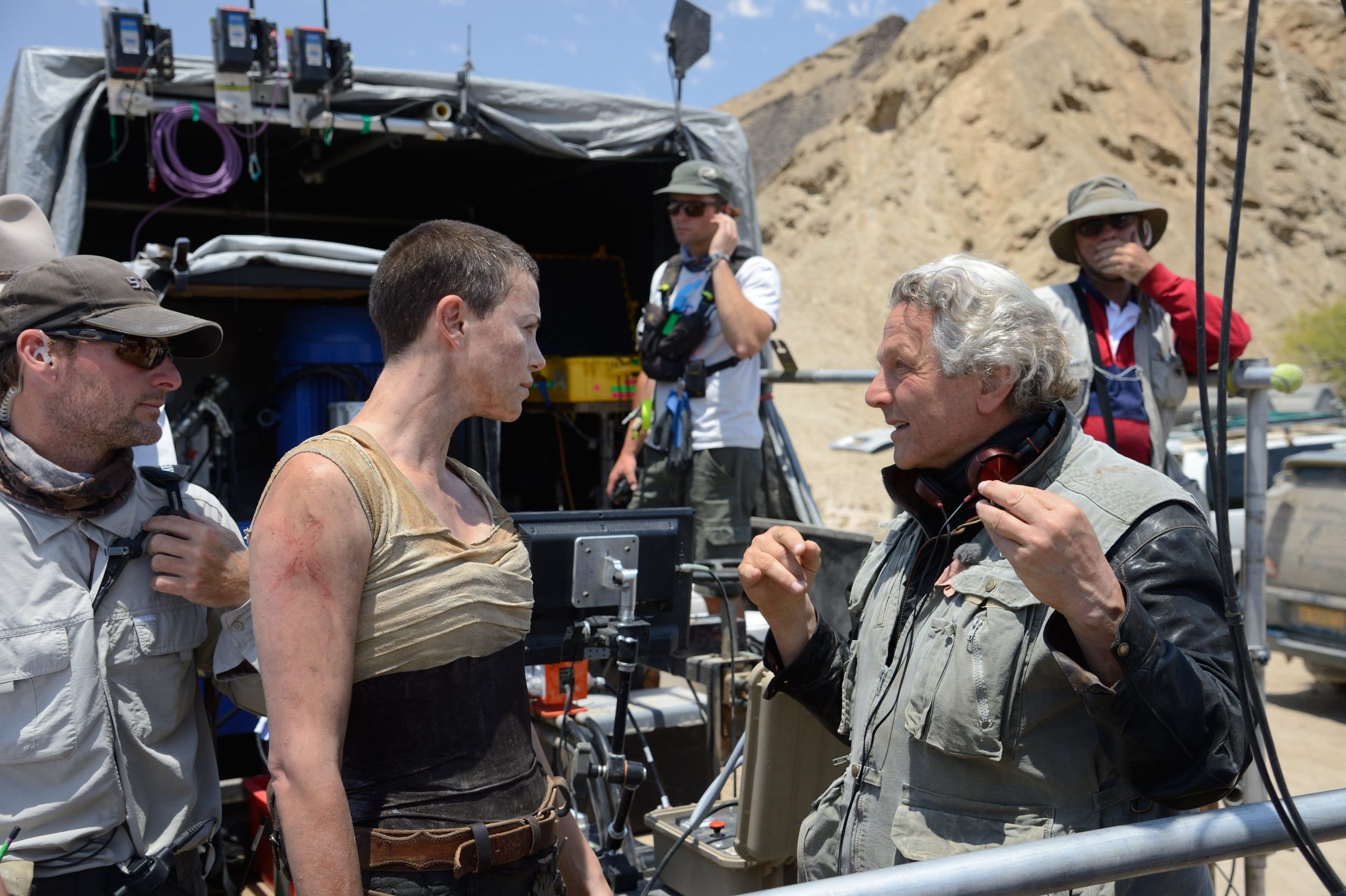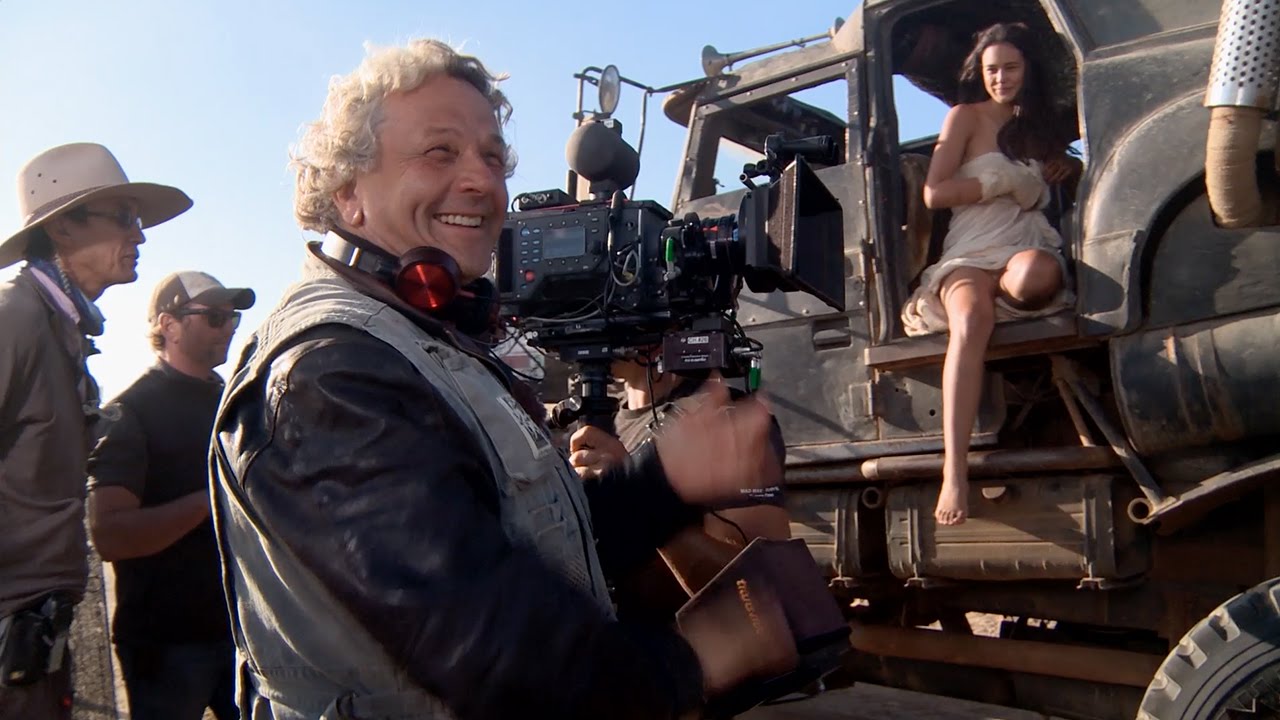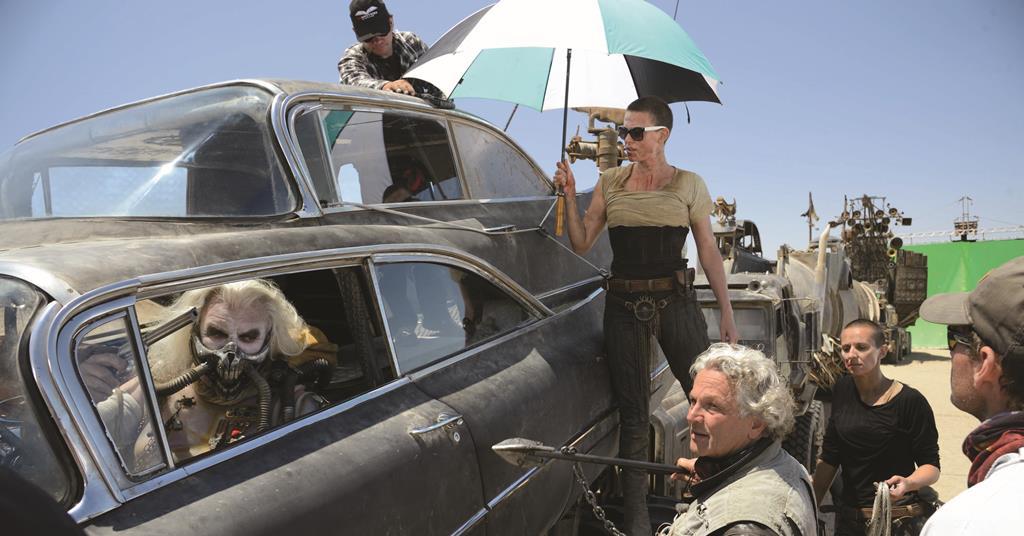Behind the Scenes of Mad Max 2

Related Movies:
Related Movies:
Related Movies:
Behind the Scenes of Mad Max 2: The Road Warrior — More Than Just an Action Movie
Mad Max 2 is famous not only for its explosive action but also for how it was made — pushing the boundaries of filmmaking with practical effects and daring stunts.
Real Danger and Real Stunts
-
Over 80 stunt performers took part in high-speed chases, flips, and crashes on rugged desert terrain, often risking serious injury.
-
No CGI was used — everything was done with real cars, real explosions, and real dust. The vehicles were heavily modified to withstand brutal action sequences.

The Epic Final Chase
-
The legendary final chase scene, running over 13 minutes on screen, took more than three weeks to film.
-
This sequence featured dozens of vehicles, including the iconic Interceptor driven by Mel Gibson’s character, Max Rockatansky.
-
Stunt drivers coordinated complex maneuvers at high speed, often within inches of one another.
Mel Gibson’s Commitment
-
At only 25 years old, Mel Gibson performed many of his own stunts, showing tremendous physical and mental toughness.
-
Director George Miller’s philosophy was “do it for real,” demanding authenticity in every frame, from the actors’ performances to the grittiness of the setting.

Innovative Filming Techniques
-
Cameras were mounted on the vehicles, helicopters, and operated handheld to get dynamic, close-up shots that put the audience right in the middle of the chaos.
-
Sound effects like engine roars, crashes, and explosions were recorded live on set, enhancing the film’s immersive atmosphere.
Challenges and Triumphs
-
Filming in the remote Australian outback meant dealing with extreme heat, dust storms, and limited resources.
-
Despite these challenges, the cast and crew’s dedication helped create a film that remains a benchmark for action cinema.
Mad Max 2 is more than an action film; it’s a testament to fearless filmmaking, pushing the limits of what was possible in the early 1980s and inspiring generations of filmmakers since.











